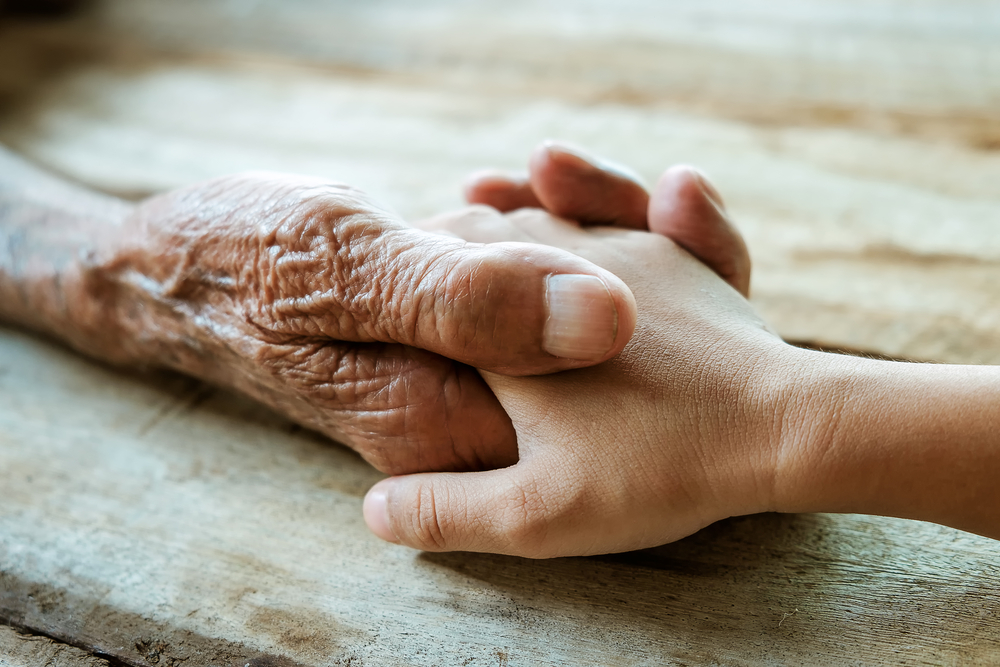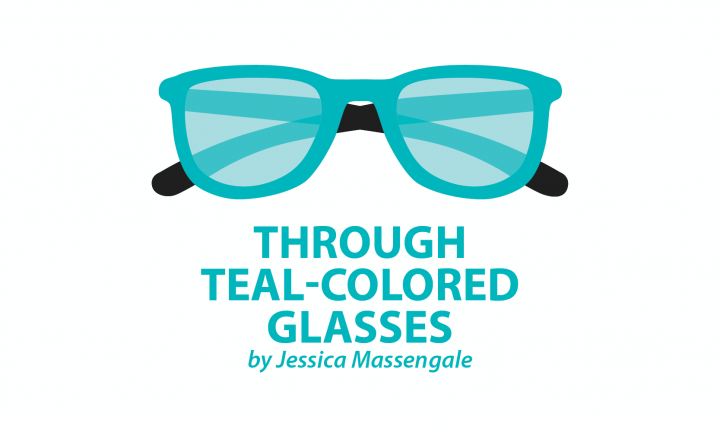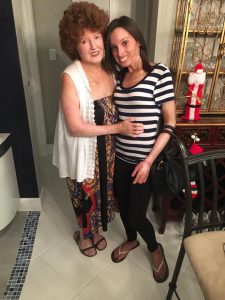Feeling Young and Old at the Same Time
Written by |

 Aging is a beautiful journey that is viewed differently in every culture. Some cultures embrace the elderly and look up to them for knowledge and wisdom. Others may place their family in a nursing home because they don’t have the time to attend to them. An uncomfortable feeling lurks in one’s mind when they become riddled with illness as a young person — feeling “old.” But feeling old is subjective, determined by mentality.
Aging is a beautiful journey that is viewed differently in every culture. Some cultures embrace the elderly and look up to them for knowledge and wisdom. Others may place their family in a nursing home because they don’t have the time to attend to them. An uncomfortable feeling lurks in one’s mind when they become riddled with illness as a young person — feeling “old.” But feeling old is subjective, determined by mentality.
An elderly mentality takes two avenues: Some act their age and others act younger than their age. When an older person believes that age is just a number, they tend to have a better outlook on life and try to stay up-to-date with a few modern trends. My grandmothers refuse to act their age, and their youthful outlook keeps them sharp. Their radiance has helped me keep a positive outlook despite all the things scleroderma puts me through.
A bombardment of negative emotions trail after a scleroderma diagnosis. If the disease progresses enough, one can be left feeling older than their age, due to physical limitations. It’s relatable to me when I hear someone complaining about their arthritic joints, or when they have trouble getting up from a seated position. I also tend to move more slowly because of my hand deformities.
The younger generation often wants to be kind to elderly people by holding doors open for them and helping them in any way possible. But when the tables turn and the young people are the ones needing help, an internal feeling of inadequacy can develop. I can relate to a 70-year-old, walking slowly in a store with tender joints, wrapped up in a big sweater because they’re always freezing. Daily medications, needing help with tasks, and attending Silver Sneakers classes are a few other things we have in common.
As I attend support group meetings and doctor’s appointments and interact with others online, I’m aware that the general population of those with scleroderma are older than me. Sometimes, I daydream about what it would’ve been like to have a normal life and end up diagnosed in my retirement years, instead of at 22. But these thoughts fade like passing clouds because they are simply fantasy — living in the present is the only way to help me stay grounded.
I have met the sweetest people in this process, and it’s taught me that building a bond with an older person is better than with some people my age. Their knowledge and kindness have taught me to be more open-minded and less judgmental. They also really enjoy feeding others! Pia was one of the first face-to-face friendships I had with someone with scleroderma. We would go out to eat together, grocery shop, and even attend doctor’s appointments together. When she passed away, I was devastated. But our memories surface to my mind once in a while and my heart smiles.
I’ve come to relate to the elder generation from my struggles. Scleroderma has matured my thinking process, and I’m always grateful for the new things it’s teaching me. We shouldn’t look at older people as weak or invalid. We should always respect them for the full life they’ve lived and the knowledge they pass on.
***
Note: Scleroderma News is strictly a news and information website about the disease. It does not provide medical advice, diagnosis, or treatment. This content is not intended to be a substitute for professional medical advice, diagnosis, or treatment. Always seek the advice of your physician or other qualified health provider with any questions you may have regarding a medical condition. Never disregard professional medical advice or delay in seeking it because of something you have read on this website. The opinions expressed in this column are not those of Scleroderma News or its parent company, Bionews Services, and are intended to spark discussion about issues pertaining to scleroderma.








Leave a comment
Fill in the required fields to post. Your email address will not be published.